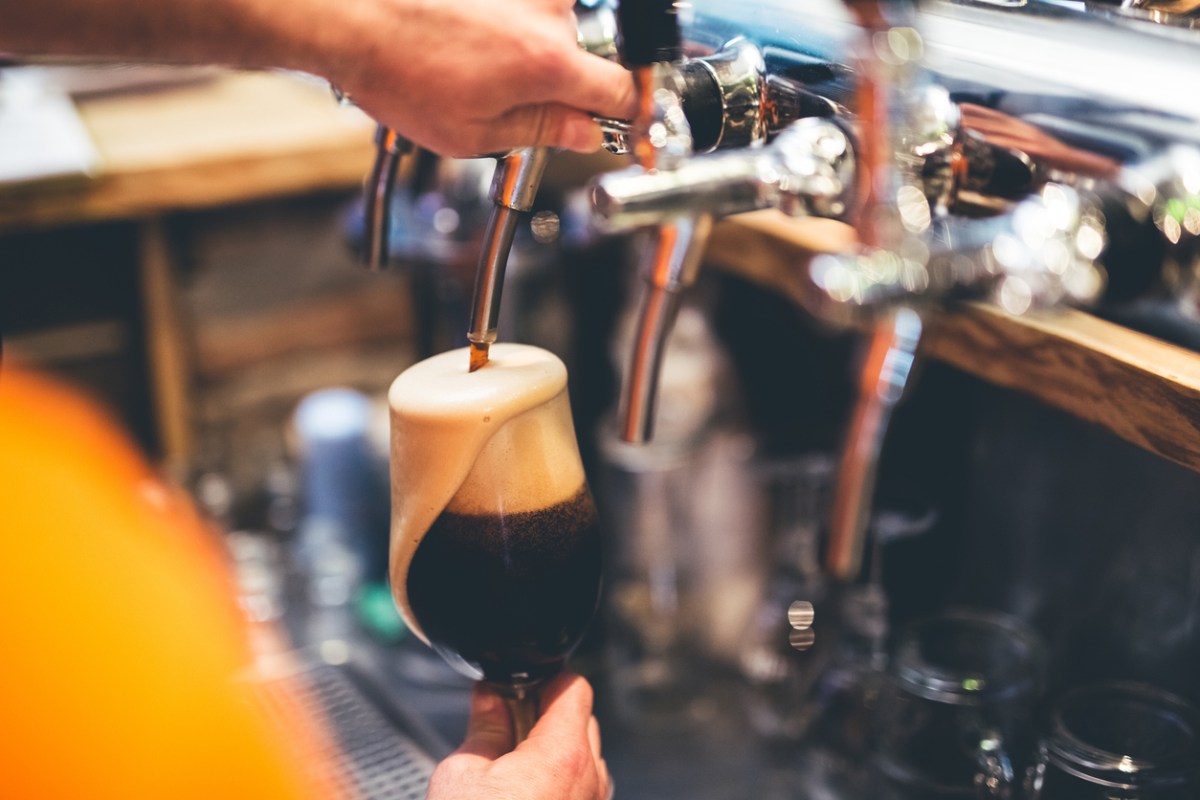Despite much speculation and backbench support the Treasurer failed to deliver a cut in beer excise in his Budget, meaning Australians will continue to pay the world’s fourth highest draught beer taxes.
The Treasurer’s failure to act means that the twice yearly increase on beer (and spirit) taxes will remain, and will continue to rise on every 1 August and 1 February, leaving brewers and hoteliers disappointed.
AHA National CEO Stephen Ferguson said the Association’s 5000 members, 250,000 workers and millions of patrons would feel let down.
“The way we are going draught beer poured at a pub is becoming a luxury item,” Ferguson said.
“It’s safe to say our members, staff and patrons feel let down. A hidden beer tax doesn’t pass the pub test and it was great so many backbenchers agreed with us.
“A cut to this hidden twice-yearly tax would shave about 30c off the cost of a schooner – that might not mean much to a politician, but it means a hell of a lot to many people in the front bar struggling to make ends meet.
“Pubs have been doing it tough for two years now – in some states many venues have had just six weeks of normal trade without density restrictions due to COVID.
“Our request to the Government would’ve sent a small price signal to the electorate that after a tough two years it was time to encourage people to come back to the pub and have a drink with friends, rather than drink alone at home.”
John Preston, CEO of the Brewers Association, said: “We’re extremely disappointed that the Federal Government has not cut draught beer tax in the Budget.
“Australia has the fourth highest beer tax rate in the world and in refusing to address this the Government has ignored calls from pubs, clubs and Australia’s 11 million beer drinkers. The Government has endorsed its continued twice yearly beer tax increases which will mean that next year Australians will be paying the third highest beer taxes in the world.
“This is not sustainable for pubs and clubs. It’s also not fair for everyone who enjoys the great Australian pastime of a having a beer with their friends at their local.
“Ninety-nine per cent of draught beer consumed in Australia is brewed here. The Australian beer industry supports over 100,000 jobs through its supply chain – from barley and hops production, great manufacturing jobs, and people employed in pubs and clubs throughout Australia.
“We will continue the campaign for a draught beer tax cut and will be seeking a commitment from both the Coalition and Labor at the upcoming Federal Election.”
As well as expressing disappointment on the lack of excise help, Ferguson also said were disappointed there had been no changes to the Fringe Benefit Tax (FBT), which he said was unfair and favoured large-scale sophisticated employers or “the big end of town.”
“Exempting FBT on meals and accommodation would level the playing field and provide a much-needed stimulus creating instant jobs and an economic boost to a sector hard hit by the pandemic,” he said.
And while the Budget did not bring the relief many in the industry had hoped for, there is help for small businesses with a temporary tax break for businesses that invest in employer skills and training and investment in new technology.
Treasurer Josh Frydenberg said in his Budget speech: “Starting tonight, for every hundred dollars a small business spends on training their employees, they will get a $120 tax deduction, helping them become more productive and competitive.
“Every hundred dollars these small businesses spend on digital technologies — like cloud computing, e-invoicing, cyber security and web design — will see them get a $120 tax deduction.
Investments of up to $100,000 per year will be supported by this new measure.
In addition the Treasurer announced a $2.8bn investment to help young Australian tradies complete their apprenticeships. The spending will be spread out over the next five years and as well as helping to upskill apprentices it will also reward employers for hiring apprentices.
“We have already invested $13 billion in skills and training, with a record 220,000 Australians now in a trade apprenticeship – the highest level since records began in 1963,” Frydenberg said.
“Tonight we go further, with a new $2.8 billion investment to increase take-up and completion rates. Providing $5000 payments to new apprentices and up to $15,000 in wage subsidies for employers who take them on.”

